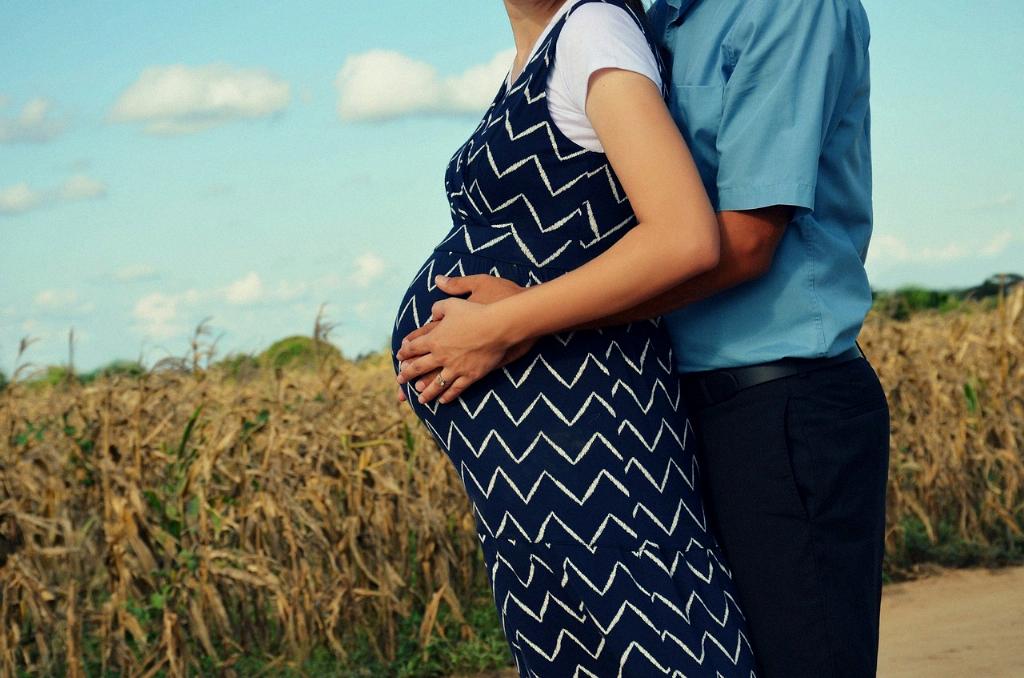When it comes to the potential complications of an ectopic pregnancy, there are several crucial factors to consider. One of the primary risks associated with this condition is the possibility of the fertilized egg implanting outside the uterus, typically in the fallopian tube. This abnormal implantation can lead to severe complications that may endanger both the pregnancy and the mother’s health.
The most common location for an ectopic pregnancy is within the fallopian tube, accounting for over 90% of cases. As the fertilized egg continues to grow in this confined space, it can eventually cause the tube to rupture. This rupture is a critical event that can result in significant internal bleeding, posing a life-threatening emergency that requires immediate medical intervention.
Internal bleeding from a ruptured ectopic pregnancy can have serious consequences if not promptly addressed. The loss of blood can lead to hypovolemic shock, a condition characterized by insufficient blood volume circulating in the body. In severe cases, hypovolemic shock can cause organ failure and even death if left untreated.
Aside from the immediate risks of internal bleeding and shock, an untreated ectopic pregnancy can also result in long-term complications. For instance, if the rupture is not promptly diagnosed and managed, the damage to the affected fallopian tube may be irreversible. This can lead to future fertility issues, as the compromised tube may impede the ability of the egg to travel to the uterus for implantation.
Furthermore, the presence of an ectopic pregnancy can cause intense abdominal pain and discomfort for the mother. The pain may worsen as the pregnancy progresses and the affected tube stretches to accommodate the growing embryo. This ongoing discomfort can significantly impact the woman’s quality of life and necessitate medical interventions to alleviate symptoms.
In some cases, an ectopic pregnancy may be asymptomatic initially, meaning that the woman may not experience any noticeable symptoms. This situation, known as a “silent” or “missed” ectopic pregnancy, can delay diagnosis and treatment, increasing the likelihood of complications such as rupture and severe bleeding.
Another potential complication of an ectopic pregnancy is the risk of infection at the site of implantation. If the fertilized egg implants in the fallopian tube or another location outside the uterus, it can trigger an inflammatory response that may lead to infection. Left untreated, this infection can spread and cause further damage to surrounding tissues.
Moreover, the emotional toll of an ectopic pregnancy should not be overlooked. Dealing with the loss of a pregnancy, especially in the context of a life-threatening medical emergency, can be challenging for both the woman and her partner. Counseling and emotional support may be necessary to navigate the complex feelings that can arise from this experience.
It is essential for all women of reproductive age to be aware of the potential risks of ectopic pregnancy and to seek medical attention promptly if they suspect they may be experiencing symptoms. Early detection and intervention are key to minimizing the complications associated with this condition and preserving both the woman’s health and fertility.
In conclusion, the potential complications of an ectopic pregnancy are diverse and significant, ranging from internal bleeding and hypovolemic shock to long-term fertility issues and emotional distress. Understanding these risks and being vigilant about seeking medical care can make a crucial difference in managing this condition and safeguarding the well-being of both the mother and the pregnancy.

